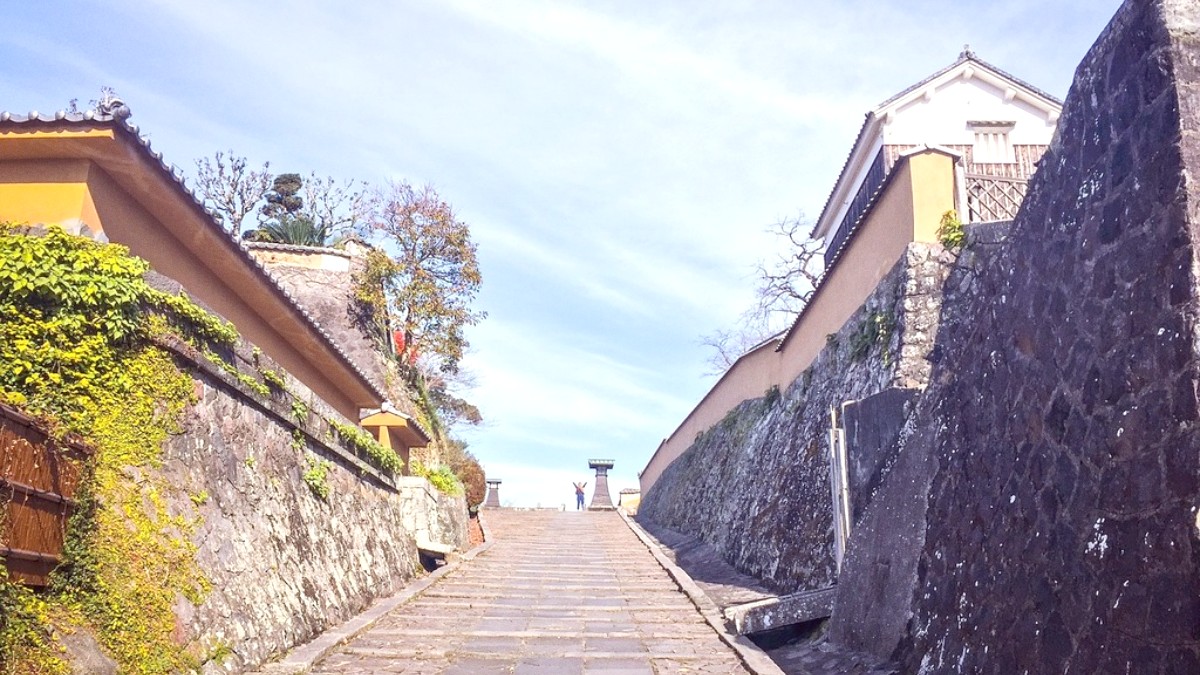
Kyushu, Japan
Cash remains for many smaller establishments and vending machines. Always have Japanese Yen.
While cards gain acceptance, cash is often the only option in certain places.
Look for ATMs at 7-Eleven or Japan Post banks for international card acceptance.
Monitor rates and exchange at favorable times or places like airports.
Keep tabs on daily spending to stick to your budget.
A few Japanese phrases greatly assist interactions and show appreciation.
Japan is a quiet society; modulate your voice, especially on public transport.
Remove shoes when entering homes, some restaurants, temples, and ryokans.
Japan has strict trash sorting. Carry a small bag for your trash.
Have translation apps ready, especially outside major tourist spots.
Always remove your shoes when entering homes, some traditional restaurants, temples, and ryokans.
Do not tip in Japan. Service is included, and tipping can cause confusion.
Look for hotels with universal design rooms. Major department stores have accessible restrooms.
Use apps like HappyCow. Carry cards with dietary restrictions translated into Japanese.
Avoid peak hours at crowded sites. Seek out quieter parks and residential areas.
Always verify the most current accessibility details directly with attractions or service providers before your visit, as conditions may change.